You are here
Back to topChina Reports Excessive Cadmium in Some Thai Durian Shipments
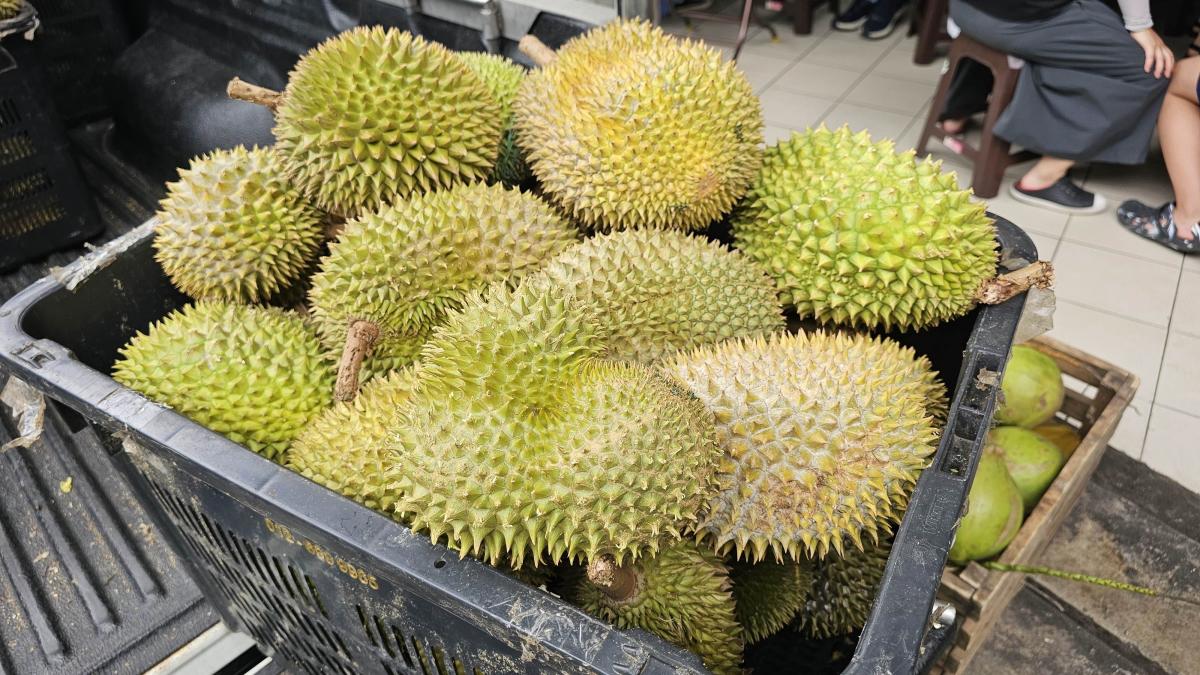
According to Thai media reports, Thailand’s Ministry of Agriculture and Cooperatives recently disclosed that between March 11 and late August it had received notifications from China’s General Administration of Customs that shipments of Thai durians had failed six inspections owing to excessive levels of cadmium. A total of 16 batches of durians, originating from 12 packaging plants and 15 orchards, were found to be contaminated with the heavy metal. Details of these notifications, as reported by Vietnamese media, indicate that the reports were issued in March, May, July and August, with the highest detected cadmium level reaching 0.314 milligrams per kilogram.
The ministry also noted that China is deeply concerned about the excessive cadmium levels and hopes to further discuss the issue with Thai authorities. China has also requested that Thailand inspect the cadmium content in its durian exports. However, China has not ruled out the possibility that the contaminated durians, despite being labeled as from Thailand, may have actually originated from Vietnam, highlighting the need for a joint solution between the two countries.
The orchards involved in the cadmium contamination issue are located in Chumphon, Chanthaburi and Yala provinces. The Thai Ministry of Agriculture and Cooperatives has already ordered an immediate suspension of exports from the affected packaging plants and orchards, while samples of durians, soil and water have been collected for testing. Preliminary results indicate that some samples did contain cadmium, but all were found to be within the standards set by Chinese authorities.
According to China’s GB 2762-2022 standard, the cadmium content in fresh fruits (including durian pulp) should not exceed 0.05 milligrams per kilogram. The upper limits for cadmium content in soil and water are 4 milligrams per kilogram (as per GB 15618-2018) and 0.01 milligrams per liter (as per GB 3838-2002), respectively.
In response, Thai authorities will conduct follow-up inspections to investigate the cause of the cadmium contamination. The procedure involves plant inspectors randomly selecting five durian samples from each batch destined for China during pest and disease inspections between Sept. 2 and Sept. 16. These samples will be sealed and sent to designated locations for testing. The cost for transporting and testing each sample is up to 1,200 Thai baht ($35.80). Once the laboratory receives the samples, it will complete the analysis within 72 hours and issue a test report. If the results indicate non-compliance, the Ministry of Agriculture and Cooperatives will require exporters to cooperate in recalling the products, and officials will immediately inspect the packaging facilities to help resolve the issue.
Previously, 77 batches of durians exported from Vietnam to China were found to exceed the cadmium limit, resulting in the suspension of imports from several packaging plants and orchards. Now that some Thai durians have also been found to exceed the cadmium limit, there is growing concern within the industry that China may impose an export ban on Thai durians, which would significantly impact the sector.
Image: Jing Zang
This article was based on a Chinese article. Read the original article.



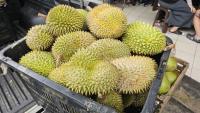
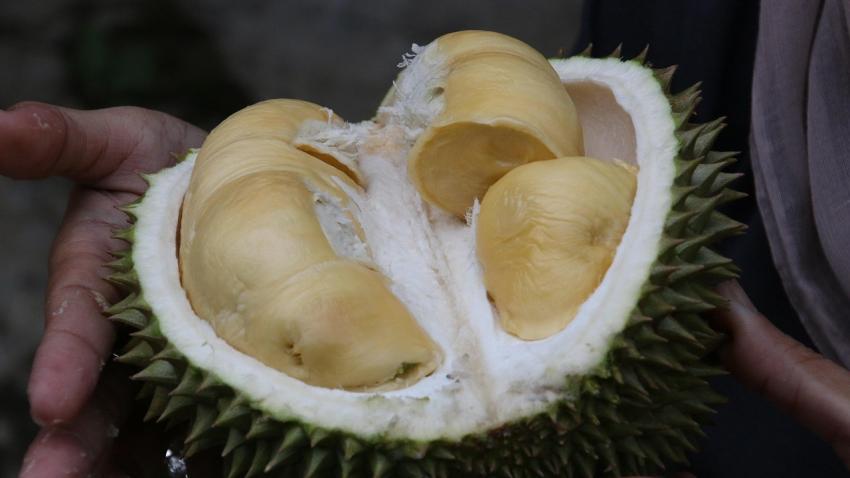
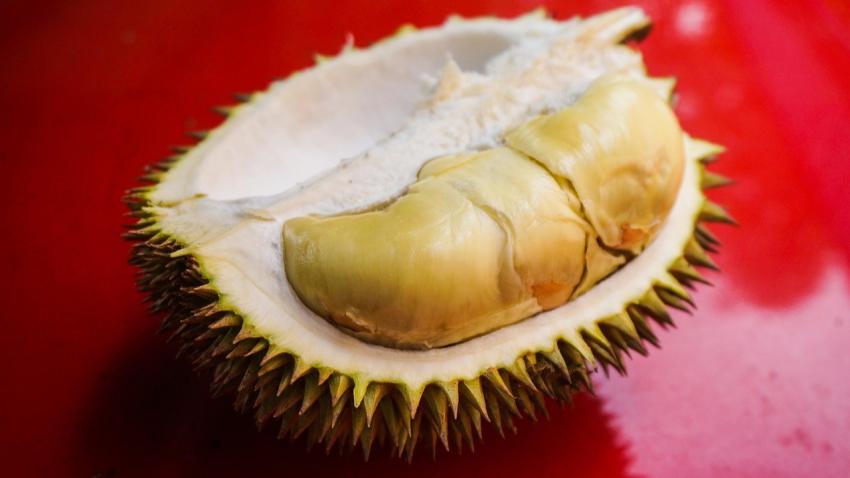
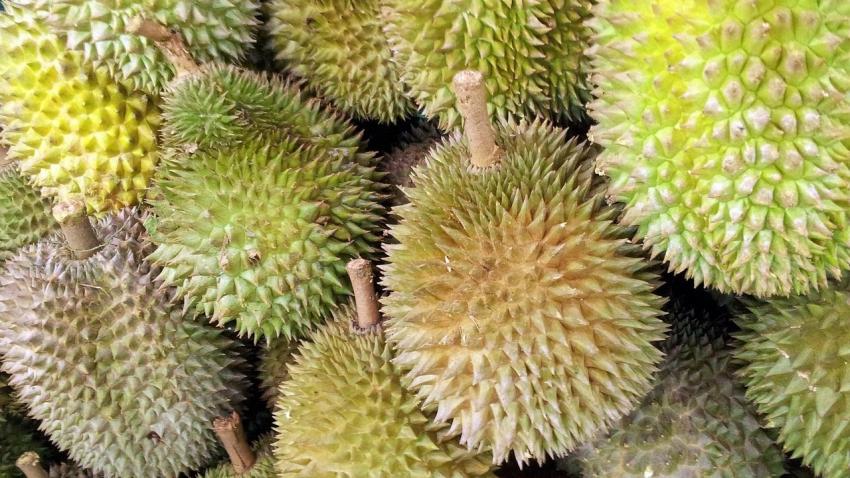
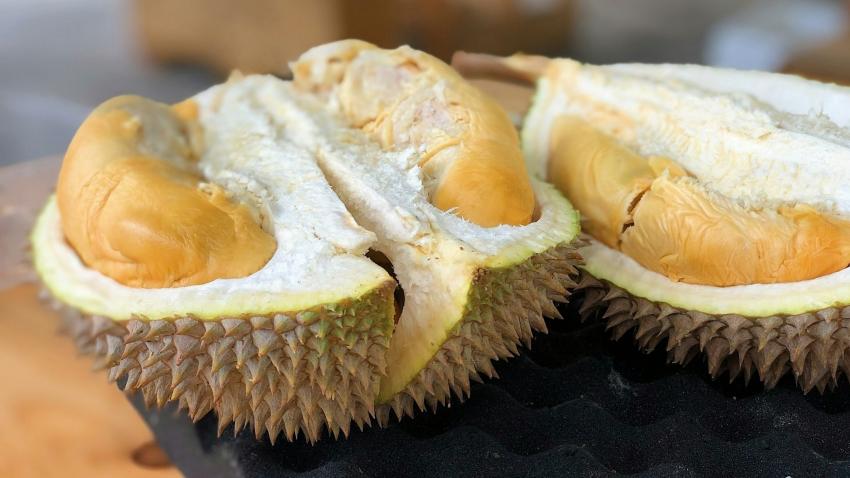







Add new comment